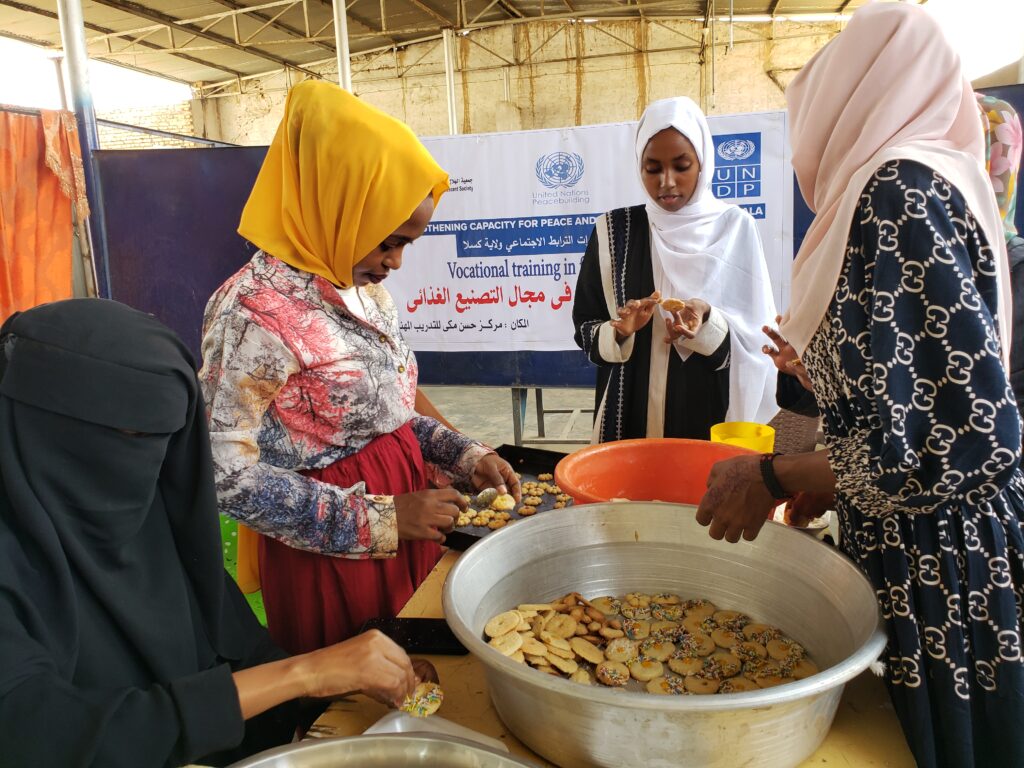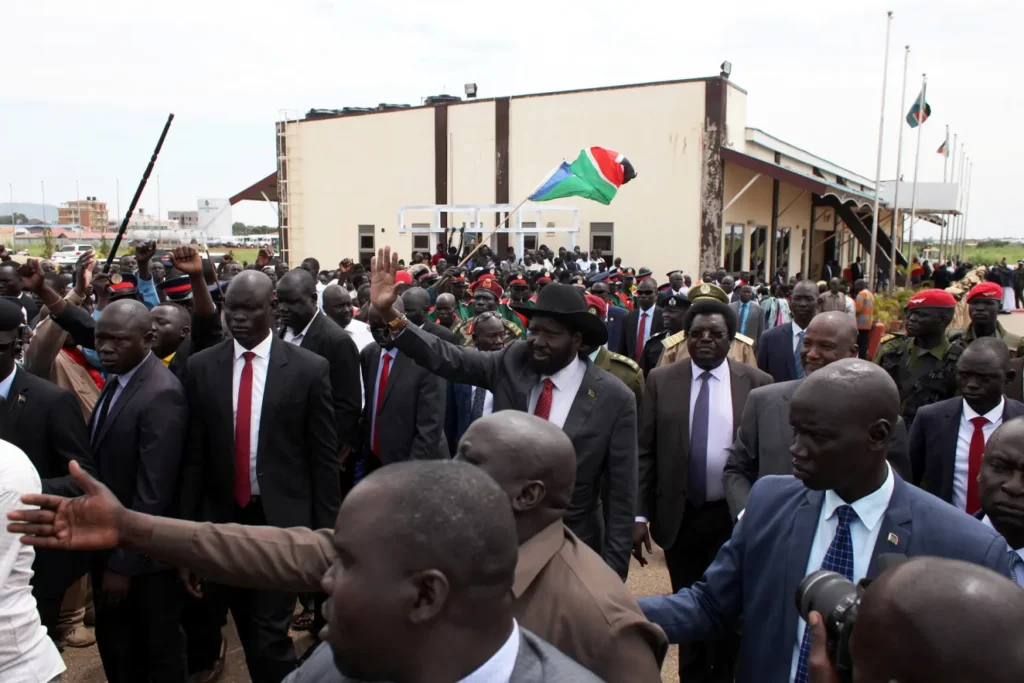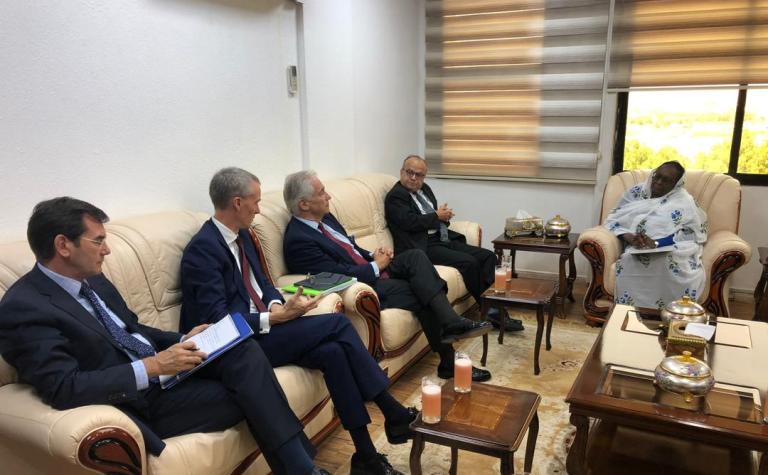
Hundreds of families evacuated a Khartoum suburb on Wednesday where Sudanese army bombardment had resulted in the deaths of 19 civilians the previous evening, as reported by activists and residents to media.
This mass departure contributes to the existing tally of nearly 2.8 million individuals displaced from the Sudanese capital, which originally had a population of around five million, since the conflict commenced on April 15 between the Sudanese Armed Forces and the Rapid Support Forces (RSF).
A resident of the area stated, “Hundreds of families are leaving Ombada,” which is a district located in Omdurman, Khartoum’s neighboring city across the Nile.
Another resident, also declining to be identified, said “combat has intensified since Tuesday” and included air strikes on Wednesday.
The Sudanese Armed Forces (SAF) maintain control over the airspace above Khartoum and have conducted frequent air strikes, while the RSF fighters hold sway over the city’s streets.
On Tuesday evening the Ombada resistance committee said the army had bombarded RSF positions with artillery and drones.
“These rounds missed their targets and 19 civilians were killed,” the committee added in a statement on Facebook.
These committees previously coordinated pro-democracy demonstrations but have since shifted their focus to offering various forms of community support and aid during the ongoing conflict.
On Wednesday, residents from multiple districts in the Khartoum region reported clashes between the Sudanese Armed Forces (SAF), under the command of General Abdel Fattah al-Burhan, and the Rapid Support Forces (RSF), led by General Mohamed Hamdan Dagalo.
These recent casualties follow the deaths of 20 civilians over the weekend, which activists say were the result of an Sudan army airstrike in the southern part of Khartoum.
The war had already killed around 5,000 people, according to data from the Armed Conflict Location & Event Data Project (ACLED).
According to the UN, over 4.8 million individuals have either been internally displaced or have sought refuge in neighboring nations, and these figures are anticipated to increase.
On Monday, the UN significantly increased its humanitarian aid request, raising it to $1 billion. This funding is intended to aid almost two million individuals projected to seek refuge in five neighboring countries from Sudan by the end of this year.



